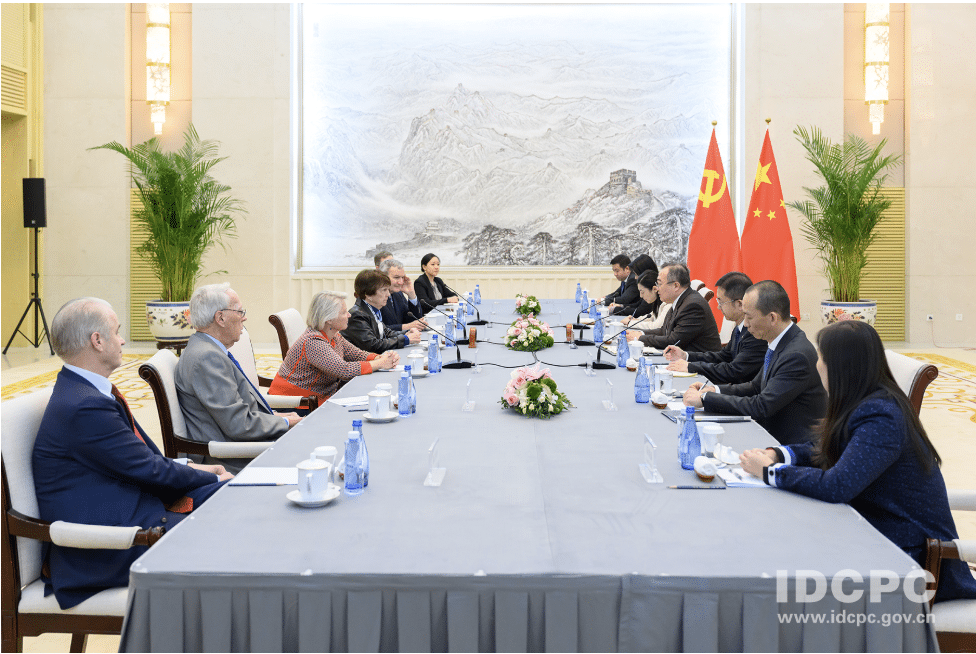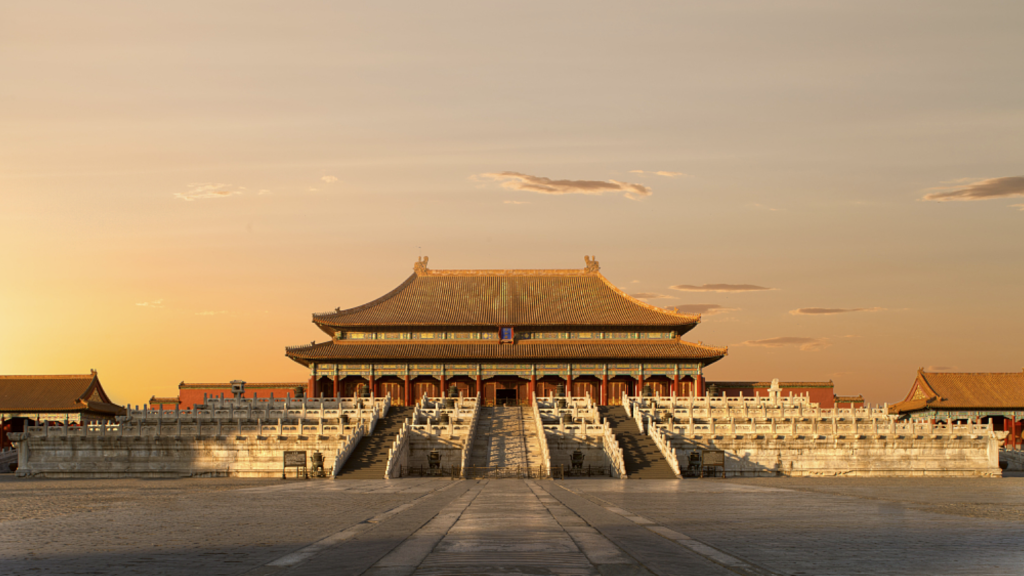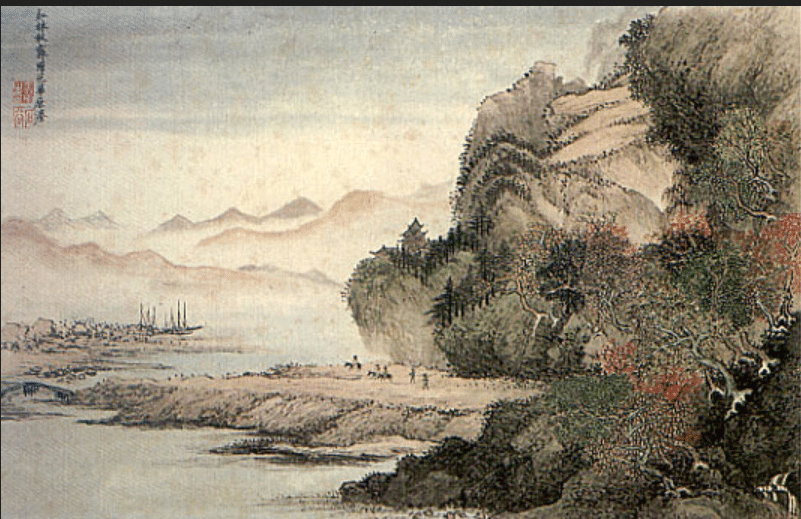Sorry, There’s No ‘Cult of Personality’ in China
It is not easy being one of China’s top leaders, especially when the country is undergoing a fundamental transition with the intention of realizing the “China dream,” which would put China back at the center of the world. Given China’s multifaceted problems, it is easy to pick on China’s leaders for unresolved problems in food safety, air pollution, social inequality, and so on. Some of these criticisms are well-intentioned and they should be taken seriously by Chinese leaders. Unfortunately, some of these criticisms result from a poor understanding of China’s political realities and even fundamental biases toward China.
Take for example a recent piece in the Economist, warning against a possible cult of personality in China. While the general point of cult politics being bad for China is correct, the specific discussion of an emerging cult of personality in China is mostly imaginative and thus unhelpful for readers seeking to better understand Chinese politics.
Although many in China would agree that there was a serious personality cult issue during the Mao period, that era is long gone and will never come back. The reason is actually simpler than many would expect: today’s China is fundamentally different from Mao’s China. Most importantly, Chinese society has changed drastically, as we now live in an era of globalization. The Chinese people have now seen the outside world. Millions of Chinese tourists travel abroad every year, and more than 300,000 Chinese students go the United States alone to study every year. Unlike the Mao era, when most Chinese people were cut off from the outside world, today’s Chinese people know what is good for them and what is good for their country. Collectively, they do not want to go back to the Mao era and would not allow the country to go back to that era. Underestimating the power of the Chinese people in today’s politics is often an error made by Western observers of China.
There is also the problem of misunderstanding power consolidation in Chinese politics. While it is on the whole true that power should never be concentrated in one group or one person’s hands, certain conditions call for certain strategies. In traditional Chinese thinking, substance is more important than form. Who has power is less important than who can accomplish what with power. There is nothing wrong with one leader holding multiple titles as long as this leader can get things done. And President Xi Jinping is getting things done in China and, for that reason alone, the Chinese people overwhelmingly support his reform agendas. (By the way, Myanmar’s Aung San Suu Kyi will hold multiple titles in the new government and to some degree even become the new president’s boss, but the Burmese people apparently are okay with this arrangement!)
It is fair to say that China’s anti-corruption campaigns could not have been this successful without Xi’s strong leadership. China’s military reforms could not have been implemented without Xi’s will and determination. And as China enters another ‘deep water’ period of reform, strong leadership is necessary for future success. Of course, anti-reform forces will use this as an opportunity to paint so called ‘black’ images of Xi and his reformers. In Chinese, this is called “death by flattery” — overly praising someone’s capabilities with the intent of causing their downfall.
Correctly understanding Chinese politics requires patience and a big-picture mentality. One should not lose focus by centering attention on day-to-day occurrences or scandals at the local level, otherwise China will appear to be full of problems and without a future. Instead, we should give more attention to the big trends, political and social, that are developing in China; these trends offer a more accurate picture of the country’s future. Focusing on personality cults is not the right way to read China’s trends.
By DINGDING CHEN Apr. 4, 2016 on The Diplomat
Read more here








